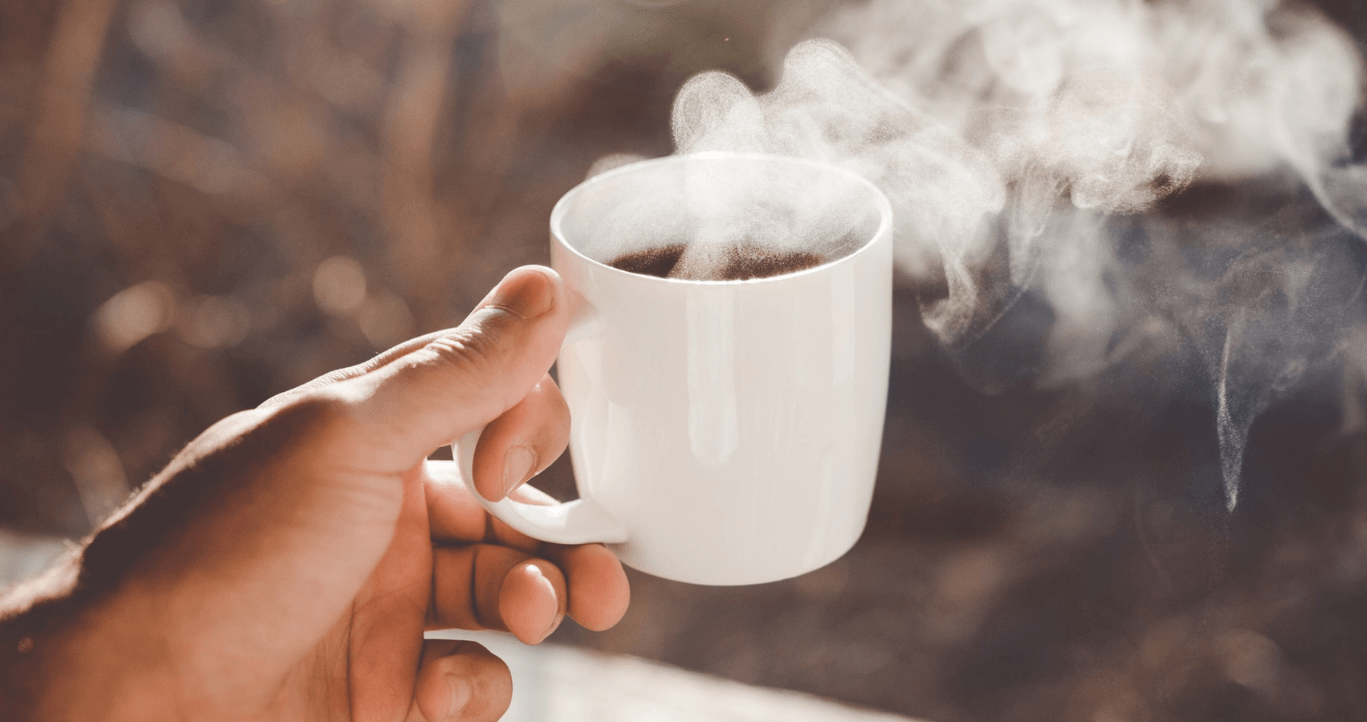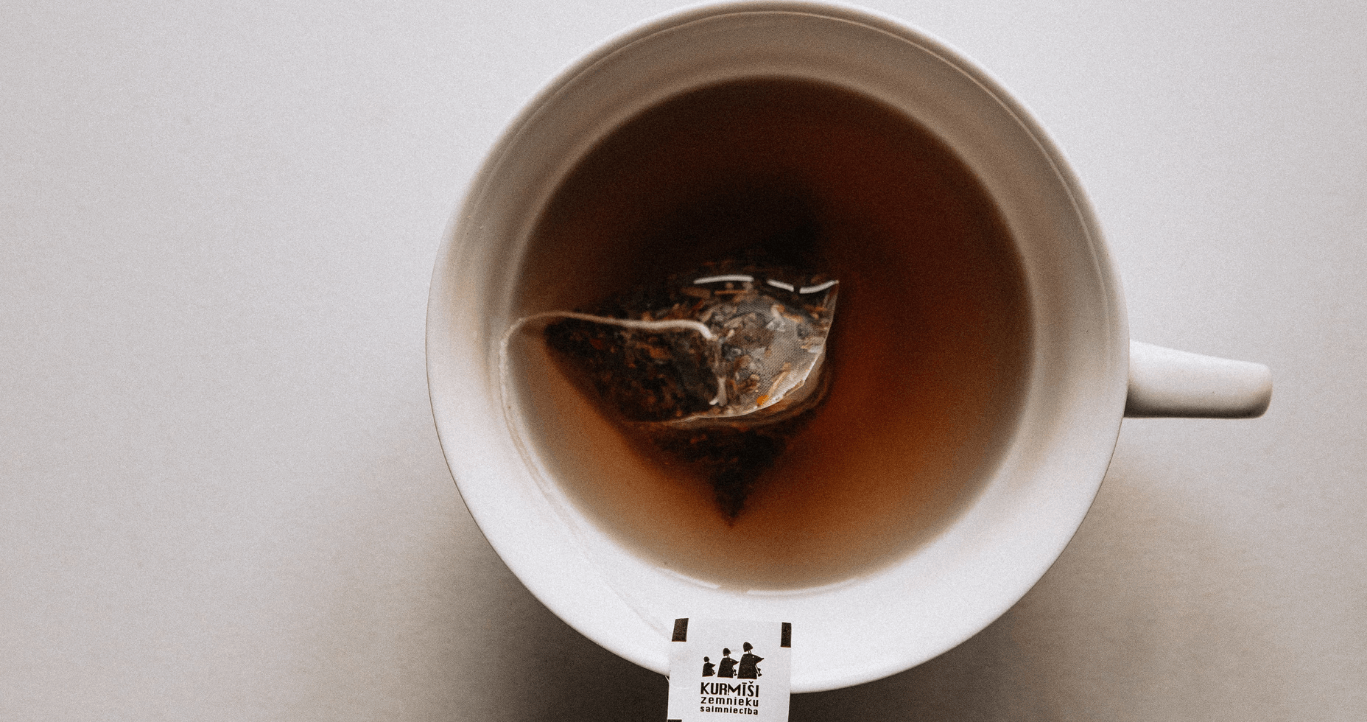Specialty coffee is any coffee that has achieved a score of 80 or higher out of 100 on a standardized score sheet by a panel of expert coffee tasters known as Q Graders. Only about 10% of all coffee produced reaches specialty grade.
To ascertain a coffee’s score, it must undergo an expert tasting known as cupping. But before it it can even make it to that stage, the coffee must be assessed in its green, unroasted form. Graders will examine a green coffee, looking for a variety of defects, evaluating its color and odor before ultimately deeming it Specialty Grade.
Any coffee, regardless of species, can be a specialty coffee so long as it achieves the 80 point threshold. In practice, coffees from the Arabica species comprise the vast, vast majority of specialty coffees. Arabica makes up about 70% of total coffee production globally and is generally considered to have a sweeter, cleaner flavor than its Robusta counterpart, though Arabica is more difficult and labor-intensive to grow. Included within the species are varieties like Typica, Bourbon, Gesha, and about 100 others. In recent years there has been a more concerted effort to create high-quality Robusta—the second-most popular coffee species.






